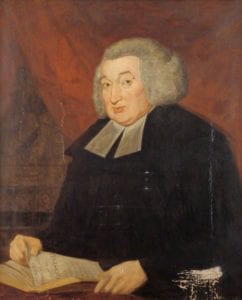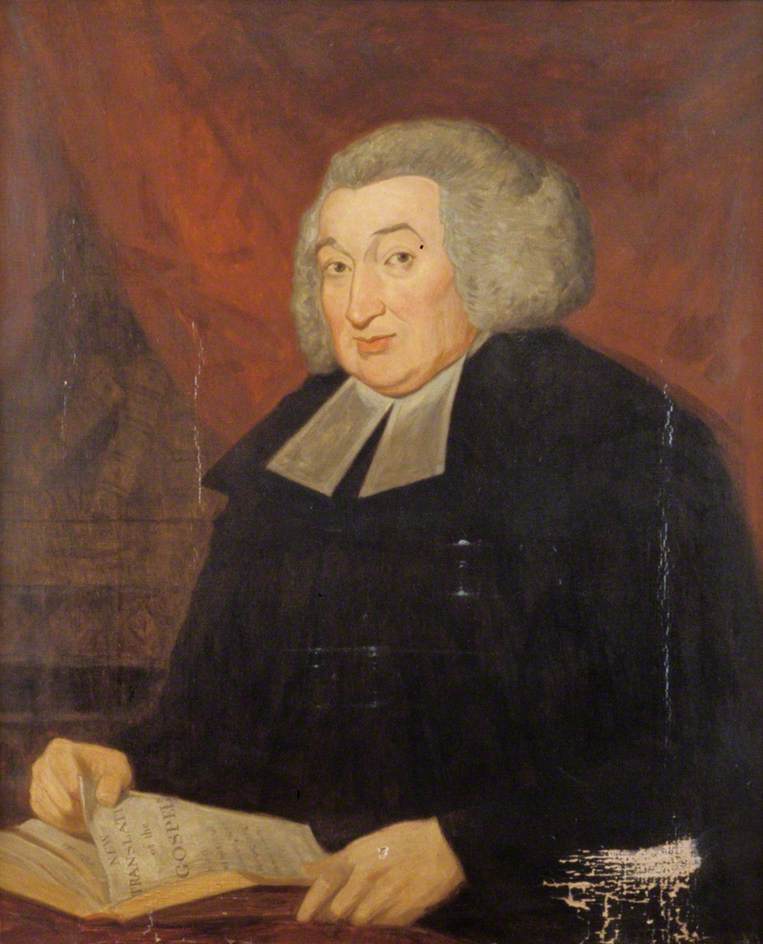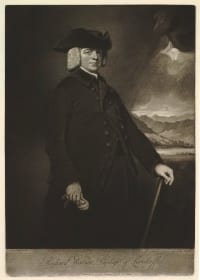
Reid, George; Principal George Campbell (1719-1796), DD; University of Aberdeen; http://www.artuk.org/artworks/principal-george-campbell-17191796-dd-105031
George Campbell (1719-1796) was a Scottish Presbyterian theologian and professor and principal at Marischall College and a member of the Aberdeen Philosophical Society, of which the noted Scottish philosopher Thomas Reid was also a member. Campbell’s book is perhaps the best-known of the replies to Hume’s attack on miracles to be issued in Hume’s lifetime, and it is historically important since Campbell and Hume actually corresponded briefly, through a mutual friend, regarding a manuscript of Campbell’s work.While scholars have tended to stress Campbell’s view of testimony as an autonomous source of knowledge, there is much else in the book worthy of at least as much notice, including a thorough discussion of Hume’s attempt to draw a parallel between pagan and popular miracle accounts and the gospel miracles. (Part II, sections IV and V)
The works of Adams, Campbell, and John Douglas, taken together, provide a thorough response to Hume’s essay; but it was Campbell to whom Hume was referring when he remarked to a friend that “the Scotch theologue” had beaten him.
Campbell was not only a theologian but also an authority on rhetoric, so it is no surprise that his Dissertation contains many memorable passages, such as this one from the Introduction (p. 12):
God has neither in natural nor in revealed religion left himself without witness; but has in both given moral and external evidence, sufficient to convince the impartial, to silence the gainsayer, and to render inexcusable the atheist and the unbeliever. This evidence it is our duty to attend to, and candidly to examine. We must prove all things, as we are expressly enjoined in holy writ, if we would ever hope to hold fast that which is good.




